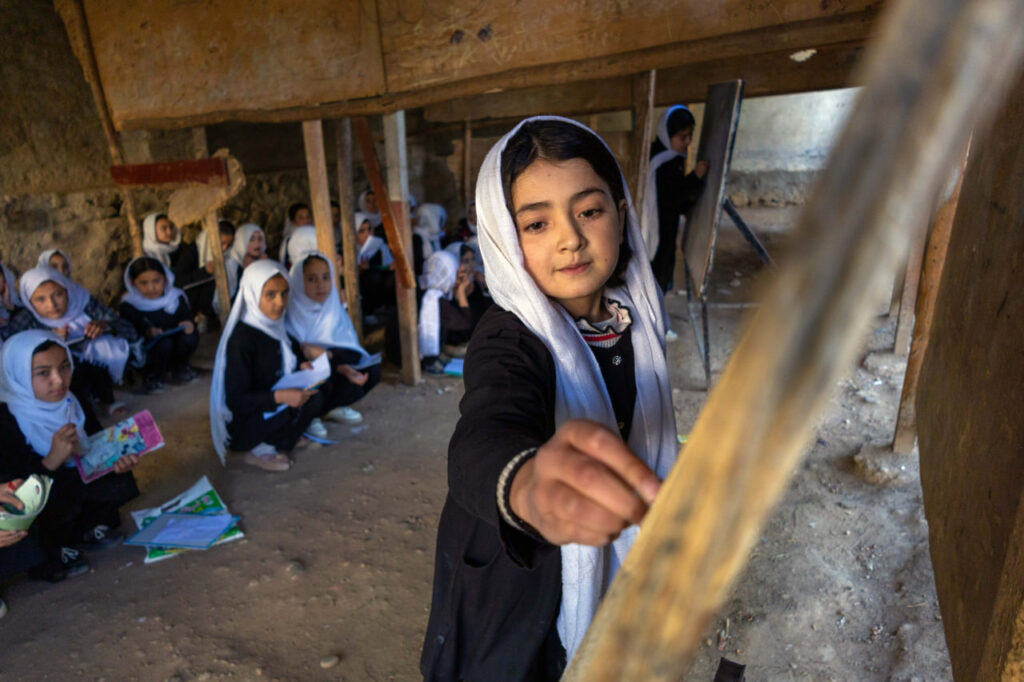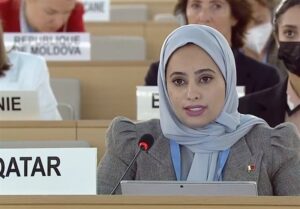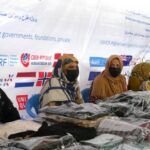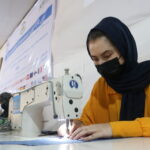The United Nations Children’s Fund (UNICEF) has recently stated that Afghanistan’s education system is facing enormous challenges, but the opportunity for rebuilding still remains.
In a message posted on its X account today (Saturday, October 11), UNICEF wrote that lifting the ban on secondary education for girls and investing in primary education are essential to protect progress and to keep education accessible for every girl and boy.
It is worth noting that after returning to power, the interim government deprived women and girls of education and work. The current administration has even banned medical education for women and girls, despite the country’s severe shortage of female doctors.
Additionally, women have been prohibited from going to gyms, restaurants, and public baths; being examined by male doctors; traveling without a male guardian; and working in national and international NGOs, as well as in United Nations offices in Afghanistan.
According to UNESCO (the United Nations Educational, Scientific and Cultural Organization), 1.4 million girls above grade six are currently barred from attending school in Afghanistan.
Over the past four years, both the international community and Afghan citizens have repeatedly urged the current government to allow girls and women access to education, but these calls have so far been ignored.
It should be noted that a United Nations survey shows that 92 percent of Afghan citizens believe that girls should be allowed to study.













